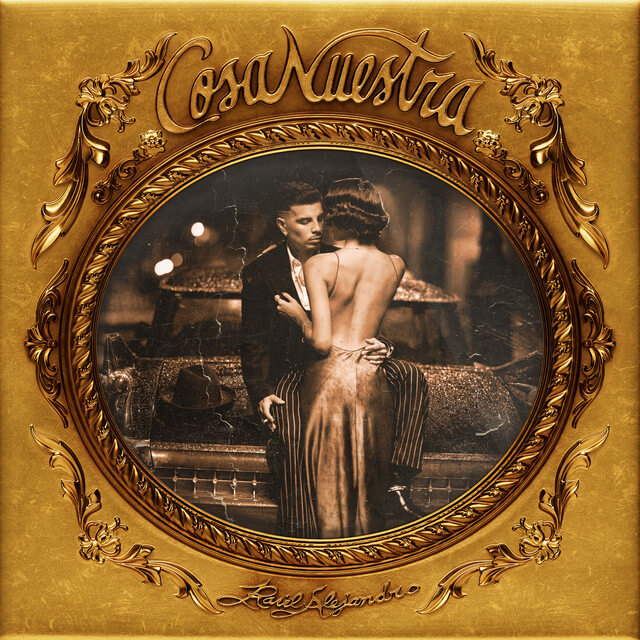Seguro, mujer, que hoy eres feliz
Que nada de ayer hoy te hace llorar
Tú con él
El tiempo corre, yo te espero, pero tú con él
Ya no recuerdas mis locuras ni el amor aquel
Estás tranquila, lo mereces, siempre fuiste bien
Tú con él
No me sorprende, sospechaba terminar así
Yo solamente fui la excusa para hacerle ver
Que tú podías, si querías vivir sin su amor
Perdóname
No me di cuenta de ese juego y me enamoré
Después fue tarde, no podía ya volver atrás
Y te quería cada día más y más
Seguro, mujer, que hoy eres feliz
Que puedes hacer lo que quieras tú
Tú con él
Ya me han contado que estás linda, mucho más que ayer
Que no me odias y preguntas siempre algo de mí
Al fin y al cabo un poquito yo me hice querer
Discúlpame
Aquellos celos tan intensos que sentí por ti
Estaba loco, casi loco, por aquel amor
Y al poco tiempo para siempre lo perdí
Tú con él
Aún recuerdo el romance que viviste conmigo
Tú con él
Yo sé que jugaste con mis sentimientos
Tú con él
Todo fue un juego que tuviste conmigo
Tú con él
Pero en ese juego yo me enamoré
Tú con él
Yo no me di cuenta, escucha, mujer
Tú con él
Pero te lo juro, mamita, desperté
Tú con él
Ya no recuerdas mis locuras ni el amor aquel
Tú con él
Yo solamente fui la excusa para hacerle ver
Tú con él
Que tú podías, si tú querías, vivir sin él
Tú con él
En el juego del amor, unos vienen y otros van
Theme and Concept
“Tú Con Él” by Rauw Alejandro is a heartfelt reggaetón ballad about unrequited love and the pain of seeing someone move on. The lyrics explore a bittersweet reflection on a past relationship where the protagonist realizes they were merely a stepping stone for their lover to reconcile with someone else. With an emotive tone, Rauw combines vulnerability and resignation, capturing the complexity of emotions that linger after love fades.
The chorus, “Seguro, mujer, que hoy eres feliz” (Surely, woman, today you are happy), conveys both a sense of acceptance and a lingering sadness. The verses detail the protagonist’s jealousy, regret, and eventual understanding that the love they gave was part of a larger story beyond their control.
The bridge intensifies the emotional core, as Rauw repeats “Tú con él” (You with him), emphasizing the protagonist’s struggle to move past the pain while acknowledging the finality of the situation. The song beautifully blends melancholic melodies with smooth reggaetón rhythms, showcasing Rauw’s ability to deliver emotionally resonant storytelling.
